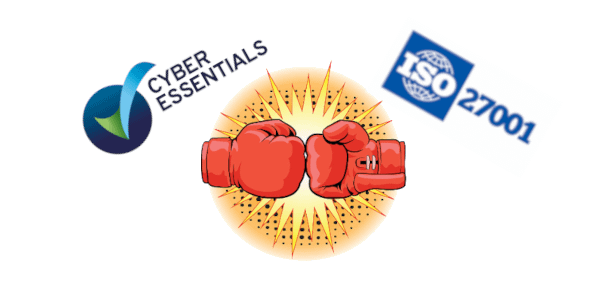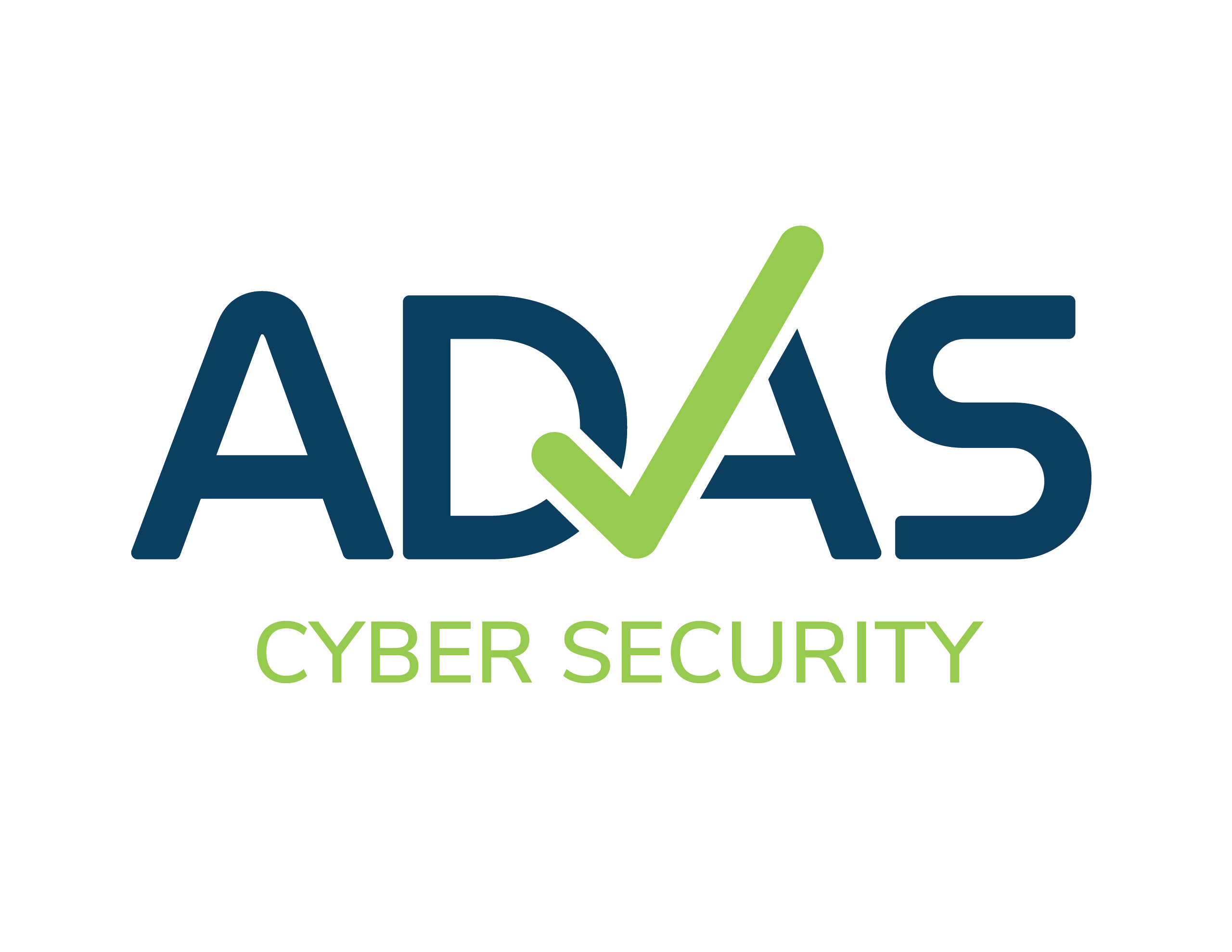Understanding Cyber Essentials, IASME, and More: Strengthening Your Digital Defence
Introduction
In an increasingly digitized world, the importance of cybersecurity cannot be overstated. With the rise of cyber threats, organizations are actively seeking ways to fortify their digital defences. One such method gaining prominence is the Cyber Essentials certification. In this article, we will delve into the intricacies of Cyber Essentials, its significance, benefits, and its relation to other cybersecurity frameworks.
What is Cyber Essentials?

At its core, Cyber Essentials is a government-backed cybersecurity certification initiative designed to assist organizations, regardless of their size or industry, in mitigating common cyber risks. This program aids in setting a foundation of fundamental cybersecurity practices that enhance an organization's resilience against cyber threats.
What does IASME Stand For?
IASME stands for Information Assurance for Small and Medium-sized Enterprises. It is one of the certification bodies authorized to assess organizations for Cyber Essentials compliance.
What is IASME Certification?
IASME certification is a cybersecurity assessment process provided by the IASME Consortium. It involves evaluating an organization's cybersecurity measures to determine their adherence to best practices and standards, including Cyber Essentials.
What Are the 5 Cyber Essentials?
The five key pillars of Cyber Essentials are:
- Firewall Configuration
- Secure Configuration
- User Access Control
- Malware Protection
- Patch Management
Is Cyber Essentials the Same as ISO 27001?

Cyber Essentials and ISO 27001 are distinct but complementary cybersecurity standards. While both focus on enhancing an organization's cybersecurity posture, they differ in scope and complexity. Cyber Essentials emphasizes basic cyber hygiene, offering a practical starting point for organizations. On the other hand, ISO 27001 provides a comprehensive framework for establishing an Information Security Management System (ISMS) that encompasses a broader range of security measures.
Is Cyber Essentials a Legal Requirement?

As of my last knowledge update in September 2021, Cyber Essentials is not a legal requirement in most jurisdictions. However, some sectors or contracts may require organizations to attain Cyber Essentials certification to demonstrate their commitment to cybersecurity.
What is the Difference Between NIST and Cyber Essentials?
The National Institute of Standards and Technology (NIST) framework and Cyber Essentials share the goal of enhancing cybersecurity, but they differ in approach. NIST offers comprehensive guidelines for managing cybersecurity risks, covering a wide array of security controls and practices. On the other hand, Cyber Essentials provides a more focused set of foundational practices suitable for organizations seeking a baseline level of protection.
Conclusion
In an era where cyber threats are rampant, adopting effective cybersecurity measures is not a luxury but a necessity. Cyber Essentials offers a structured and practical approach for organizations to bolster their defenses against evolving cyber risks. By obtaining this certification, organizations can demonstrate their commitment to cybersecurity, enhance their reputation, and contribute to a safer digital landscape. Embrace Cyber Essentials today to secure a resilient future in the digital realm.


